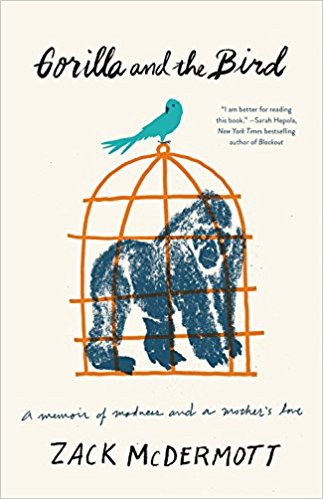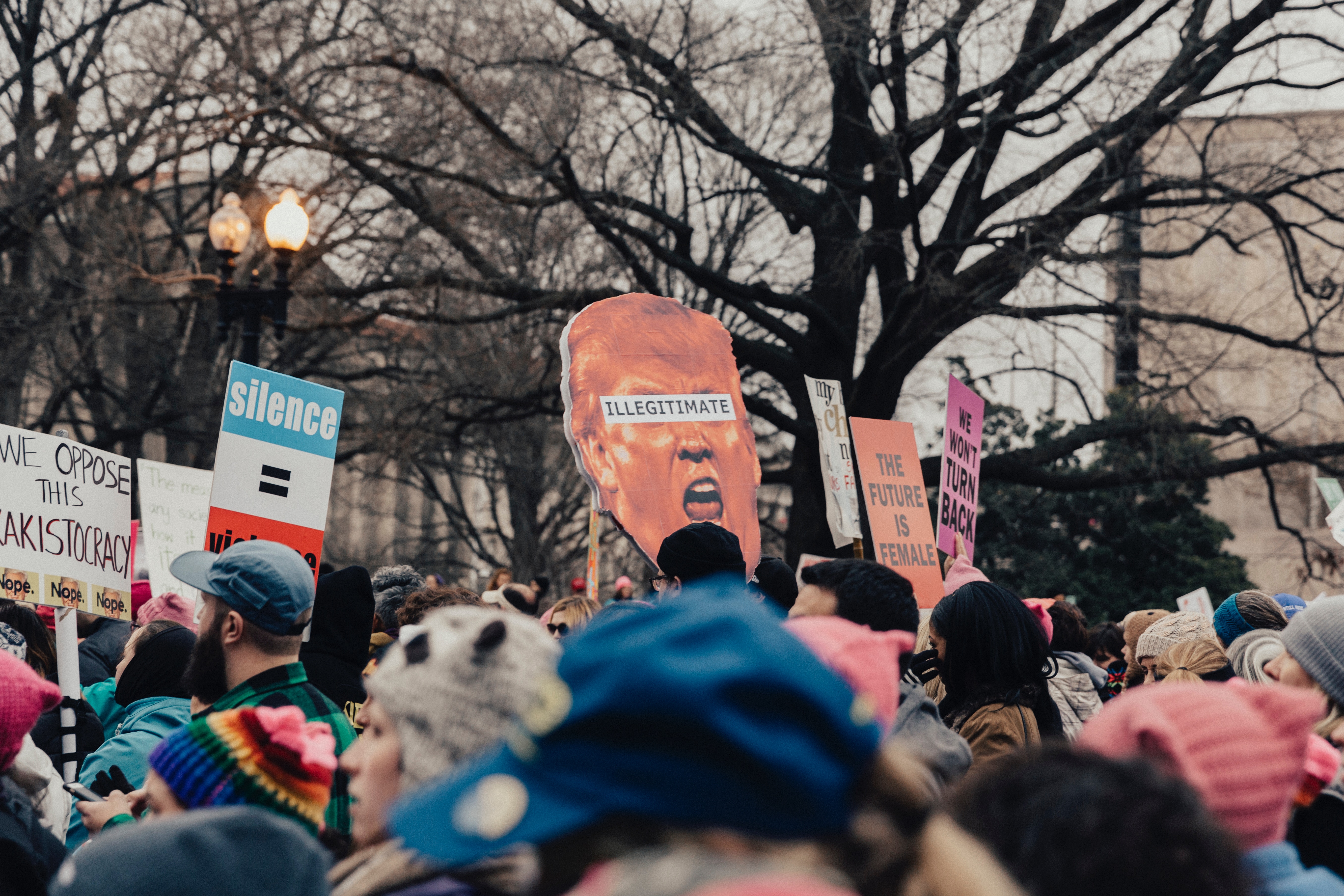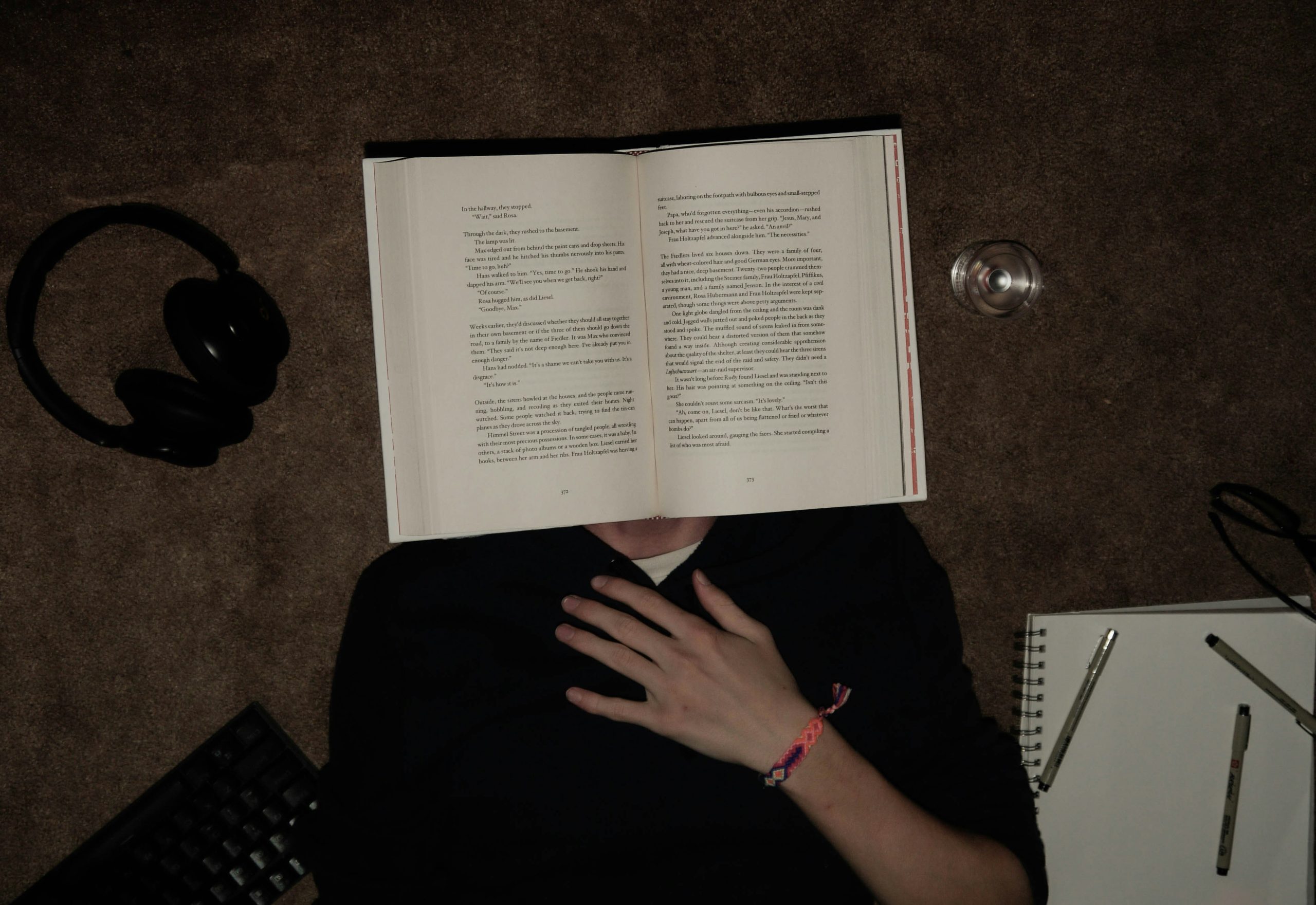interviews
A New Memoir Offers a Personal Look at How America Fails the Mentally Ill
Discussing the stigma of mental illness with Zack McDermott, author of ‘Gorilla and the Bird’

Zack McDermott’s debut memoir, Gorilla and the Bird, chronicles a psychotic break that disrupted his 20s and brought him face-to-face with the realities of mental health, incarceration, and opportunity in the United States. At 26, McDermott represented clients for New York’s Legal Aid Society by day, but spent nights and weekends on his budding career in comedy, doing stand-up and writing a TV pilot. Not realizing exhaustion and insomnia were triggers, he left his Lower East Side apartment one morning in the grip of a psychotic break. Convinced he was part of an elaborate Truman Show-like audition for his breakout television role, McDermott thought everyone from the soccer team he briefly joined in Tompkins Square Park to the police at the Bedford Avenue L train stop who escorted him to the hospital were in on it. He spent years after his first manic episode grappling with his bipolar diagnosis and taking antipsychotics while representing often mentally ill clients in court.

McDermott, nicknamed “the Gorilla,” for his broad chest, beard, and copious body hair, relied on his mother, “the Bird.” She’s a stalwart woman who advocates for her son when he can’t speak for himself. She raised McDermott and his two siblings as a single mother on a grocery store clerk salary in Wichita, Kansas. McDermott’s memoir shows him grappling with the stigma of mental illness and learning to manage his symptoms, but is also a commentary on “the dire consequences” for the mentally ill who don’t have an advocate like “the Bird” or middle-class privilege to lean on. I spoke with McDermott about the assumptions faced when it comes to mental illness, privilege, and how he reflected and wrote about this time so vividly in his memoir.

Randle Browning: Gorilla and the Bird opens with the psychotic break that led you through New York City, convinced you were being filmed for your breakout TV role — and eventually landed you in Bellevue Hospital. Did you worry about the perception you were sensationalizing mental illness?
Zack McDermott: I told the absolute truth as best I could. I didn’t exaggerate. I don’t think I was giving people something to gawk at. I was telling a story. There is a danger to glorifying mental illness. There’s this school of thought that people who have mental illness are intelligent or creative. There are brilliant people who have mental illness. There are also people who are brilliant but not mentally ill. Jerry Seinfeld’s about as stable as a bowl of Quaker Oats. He’s a creative genius. There are just as many people that are totally sick — a lot of my clients. They’re not seeing flashes of genius.
RB: In your book you wrote, “Bipolar, psychotic, insane — it’s still one-hundred percent okay to use these words as pejoratives; they are our go-to labels to describe dangerous people.” Do we need a better understanding of what it means to be mentally ill or have bipolar disorder in particular?
ZM: Part of it is just knowing what bipolar disorder is. A lot of times if someone has outbursts or behaves in a dysfunctional or destructive way or has a bad temper, people say, “He’s bipolar.” I don’t get offended easily, but there’s something counterproductive here. You should be as familiar with the symptoms of bipolar disorder as you are with the cold or flu. It costs a lot to not know what those symptoms are, especially when people go through it. I’m not saying if I’d known all about it I would’ve said, “You’re right, take me the doctor.” Maybe. In the throes of mania or psychosis, we are still capable of saying, “Alright, I’m exhibiting symptoms.” I knew something was off with me, I just had no clue what this thing even was.
You should be as familiar with the symptoms of bipolar disorder as you are with the cold or flu.
RB: How much would you say Gorilla and the Bird is about the “dire consequences” for people who don’t come from privilege?
ZM: It’s shocking how many people walk through life patting themselves on the back. We celebrate certain things as if they have a high degree of merit, like being smart. You did literally nothing to be smart. This is kind of extreme, but I don’t even find being a hard worker virtuous. You’re just throwing dice and coming up seven, seven, seven. People don’t look at their good fortune with enough space and removal to consider: “I’m just really lucky to be here.” The flipside is if you’re not viewing how lucky you are, you don’t have enough empathy when others are unlucky.
RB: Based on your experience as a public defender, have you found there to be a correlation between mental illness and incarceration?
ZM: Sure. We’ve more or less criminalized mental illness. We take these people who scare us — we have this default system where you did a bad thing and you go to this building. The question of what we can do for you is never asked. I’m all for a hospitality-driven criminal justice system, where you come as more of a patient than a combatant. Right now it’s so adversarial. The question needs to be asked — not “What did you do to us?” but, “What did we do to you?” What did we do to create whatever host of problems are guiding your actions and behavior? I promise if I threw you in prison, you’d come out with some mental illness. You’d come out looking rough, feeling worse.
We’ve more or less criminalized mental illness.
RB: I believe you, especially after reading about your time in mental institutions. In Gorilla and the Bird, you relive several manic episodes. Was it emotionally draining to write, or hard to remember what it felt like?
ZM: No, it wasn’t hard to relive anything. Plus, it’s work. It’s hard to live it, it’s not hard to think about it. Then, remembering it — I have a good memory. I wrote 300 pages in 2009 that I would occasionally consult. Then there are parts where I was so out of it there’s no way I could have a memory of it. There’s that stretch where it’s just my mom’s journals. I was out for two weeks. I thought it worked as a little device.
RB: Your mom supports you through all of this. What happens to people who don’t have a “Bird”? What would’ve happened to you if you didn’t have her?
ZM: It’s hard to say because I have more going for me. I have a terminal degree. Most of my clients didn’t have college degrees. Most of them didn’t have friends whose parents are psychologists. They’re trying to live. They don’t have health insurance. It’s conceivable to me that I could’ve been arrested several times, but I think I always had a better chance of encountering medical intervention or help and being able to implement that. I worked as a public defender. I know what these medications are. I know what the symptoms are. I think a lot of people, like my clients, were in the dark. It’s hard to separate middle class privilege, for lack of a less buzzy word, from having a great mom. It all made all this possible.
RB: Maybe it’s not one or the other. Your mom and the benefits of middle class privilege mean your story ends in a different way than most of your clients.
ZM: Most people don’t get to write books about it when they’re done.
Reading ‘Girl, Interrupted’ in the Psych Ward
RB: So much of writing is the work of making all the parts fit together after you’ve written the first several drafts.
ZM: It’s like building a car. If the book is going to work well, you can’t just say, “The gasket is close enough.” It has to be flush. And you know what else? You get a lot better from the beginning to the end. If you write for 10 to 15 hours every day for two years, you get better. What you used to think was really good, Chapter Seven, now needs to be better, because Chapter 17 is better.
RB: Is there anything that didn’t make it into the book that you wish did?
ZM: No, I know I gave it my best shot, and my writing partners and friends did too. It had to go through four brilliant editors, and we worked really hard on it. Once we thought we had it good enough, we tightened the screw, and then we tightened it again. We made the right calls on what went in and what went out. I trust everybody that helped me edit it. I had a buddy who said, “We’re done. We have polished this thing, and we can do this no longer.”
We have to revisit the way we look at mental illness. The treatment is to lock you up with other crazy people. It’s literally the worst thing you could do.
RB: Is there something you wish people knew about mental illness?
ZM: My mom has a quote: “When people are at their worst, when your instinct is to walk away, what you really need to do is move toward them.” You’re not witnessing someone being bad. You’re seeing symptoms of a disease. It’s like being mad at someone for throwing up when they have the flu. We have to revisit the way we look at mental illness. The treatment is to lock you up with other crazy people. It’s literally the worst thing you could do. Incarceration is not a treatment. Putting someone in uncomfortable conditions when all they need is sleep, feeding people horrible food. That feels crazy.










